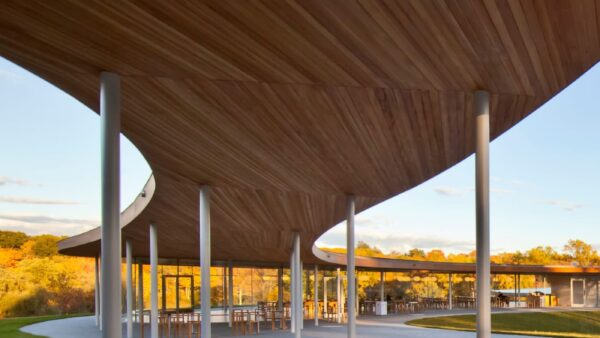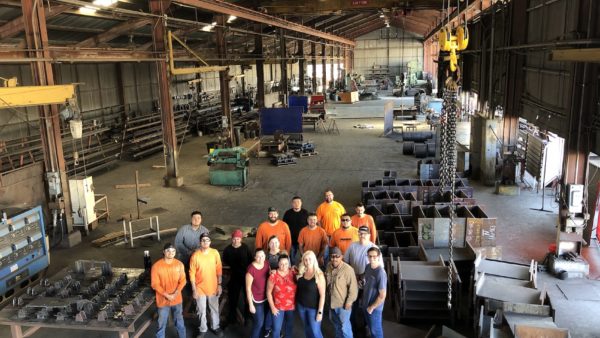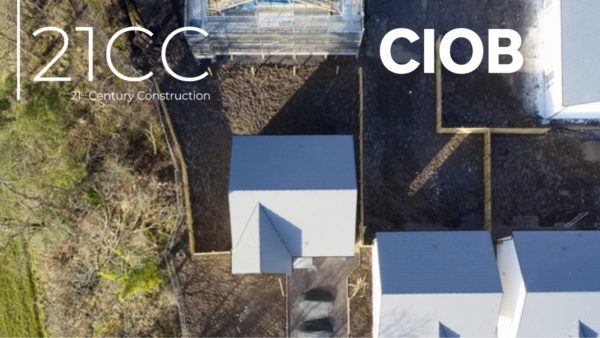
To mark World Environment Day, this month’s 21CC podcast digs into a complex and difficult question: Should we just stop building?
Construction is the single biggest source of greenhouse gases, according to the UN Environment Programme.
It produces vast amounts of waste.
The resource extraction needed to feed its inputs severely damages habitats and biodiversity.
Meanwhile, hundreds of thousands of buildings stand empty, even as we prepare to build hundreds of thousands more.
What does enough look like?
To explore this issue, 21CC editor Rod Sweet is joined by some of the most advanced thinkers in sustainable construction today.
‘Do not demolish’
Hero Bennett, sustainability leader at building services engineers, Max Fordham, said: “Most UK building construction is private housing, and we do have a housing shortage, but I do feel generally we’re building the wrong type of housing, a lot of boxes that are not very efficient in terms of materials and land use. They’re car-based, and that is absolutely not what we need to be building.”
Will Arnold, climate action leader at the Institution of Structural Engineers and lead author of the proposed Part Z embodied carbon regulation for the UK, said: “It depends. It depends on where you are, it depends on what’s needed, and therefore we should only be building the things we need, and in the UK we’ve got hundreds of thousands of empty buildings currently and yet we’re also talking about needing to build hundreds of thousands of new buildings, and somehow we don’t connect those dots.”
Saul Humphrey, consultant and professor of sustainable construction at Anglia Ruskin University, said: “We’ve got some massive challenges ahead, and I don’t think just stopping building is going to be an adequate response. But doing so much more responsibly and starting from a different perspective, like ‘do not demolish’ as the first point of action, would be a really good step.”
Australia showing the way
Also in the episode, the Chartered Institute of Building’s head of environmental sustainability, Amanda Williams, interviews Hudson Worsley, chair of Australia’s Materials & Embodied Carbon Leaders’ Alliance (Mecla).
Mecla is an unprecedented, grassroots industry initiative on a mission to drive embodied carbon out of the building sector.
From nothing two years ago, Mecla now has more than 160 companies and organisations voluntarily working together on the biggest challenge our industry has ever faced.
Members include general and specialist contractors, architects and engineers, manufacturers, universities, and government procurement agencies.
As Hudson tells Amanda, there’s no instruction manual for radically changing a complex industry in mid-flight.
“Tackling climate change with conventional market mechanisms is a bit like turning up to the trenches with a cavalry charge, because you’re using the previous century’s methodology with the new century’s weaponry,” he said.
“Climate change is so multifaceted, and it is total system change.”










